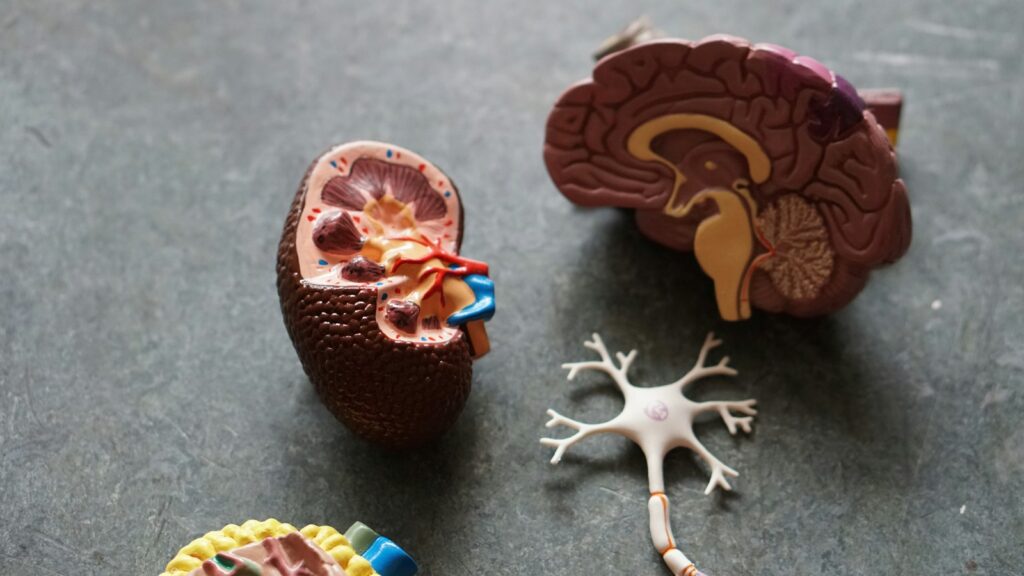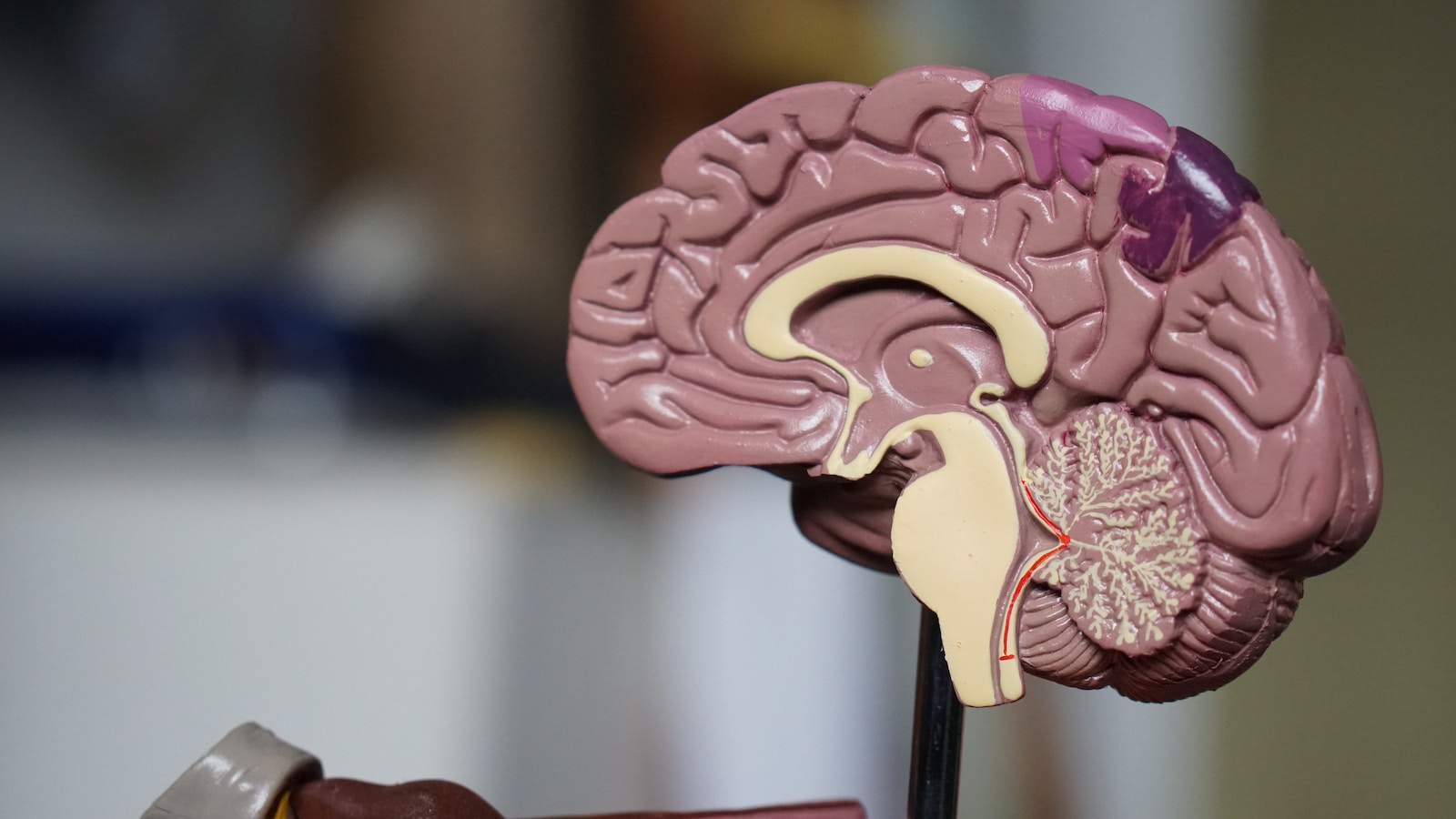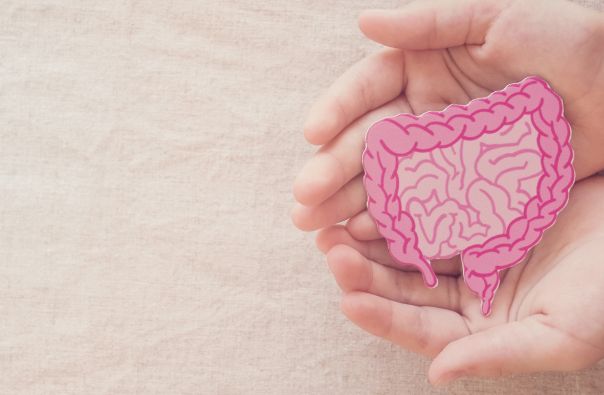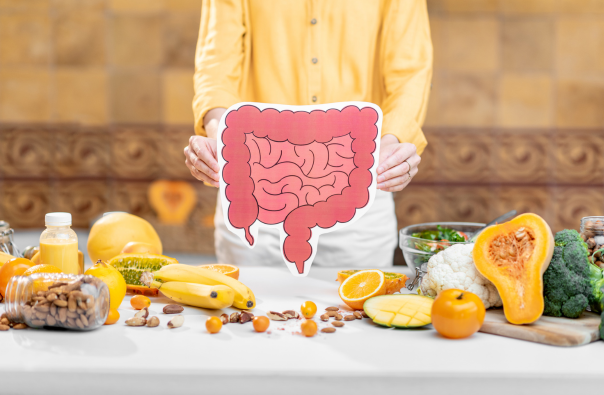The idea that our gut acts as a “second brain” has garnered increasing attention in the world of health and wellness. This concept is not just a passing trend but a significant recognition of the deep connection between our gut and overall health. For those interested in improving their gut health, understanding this connection is crucial. This blog post aims to demystify the science behind this connection and provide practical advice for enhancing gut health.
Why is the gut considered as second brain? The gut is endowed with its own nervous system, the Enteric Nervous System (ENS), which contains millions of neurons. These neurons communicate directly with the brain, playing a pivotal role in our mental and physical health. The gut produces a vast array of neurotransmitters and hormones, mirroring those found in the brain, which is why it is often dubbed as our “second brain.” This connection has profound implications for our mood, immune response, and overall well-being.
In the following sections, we will explore the gut-brain connection in detail, discuss the role of gut microbiota, identify signs of an unhealthy gut, and offer actionable steps to improve your gut health.

Understanding the Gut-Brain Connection
The gut and brain are closely linked in what’s known as the gut-brain axis. This connection is like a two-way street, allowing constant communication between your gut and your brain.
Enteric Nervous System (ENS). Often called the “second brain,” the ENS in your gut has millions of nerve cells managing digestion and talking directly to your brain. This means your gut doesn’t just process food; it also affects your feelings and emotions.
Neurotransmitters. Your gut makes important chemicals like serotonin, which helps regulate mood. In fact, most of the serotonin in your body is made in the gut. So, a healthy gut can mean a happier you.
Mental Health Connection. Researchers have found that gut health can influence mental health. Issues in the gut can affect mood and may be linked to conditions like anxiety and depression.
Vagus Nerve. This nerve is a key player in the gut-brain link, carrying messages between your gut and brain. It shows how stress can upset your stomach, and gut issues can impact your mood.
The Role of Gut Microbiota
Gut microbiota, the diverse community of microorganisms living in our digestive system, plays a crucial role in our overall health, especially in the context of the gut-brain connection.
What is Gut Microbiota? This refers to the trillions of bacteria, viruses, and fungi residing in our gastrointestinal tract. Far from being harmful, these microorganisms are essential for various bodily functions, including digestion, immune response, and even influencing our behavior and emotions.
Influence on Health and Mood: The composition of your gut microbiota can impact your physical and mental well-being. For instance, a healthy balance of gut bacteria is linked to a stronger immune system and a lower risk of diseases. On the mental health front, certain strains of gut bacteria are known to influence the production of mood-regulating neurotransmitters like serotonin and dopamine. This means that a healthy gut microbiota can contribute to better mood and mental health.
Gut Microbiota and Disease: Research indicates that imbalances in gut microbiota (known as dysbiosis) are associated with various health issues, including irritable bowel syndrome (IBS), inflammatory bowel diseases (like Crohn’s and ulcerative colitis), and even mental health disorders like depression and anxiety.
Diet and Gut Microbiota: What we eat significantly impacts our gut microbiota. Diets rich in fiber, like fruits, vegetables, and whole grains, support a diverse and healthy microbiota. Conversely, diets high in processed foods and sugars can lead to an imbalance, affecting both gut and brain health.
Probiotics and Prebiotics: These are essential for maintaining a healthy gut microbiota. Probiotics are beneficial bacteria found in foods like yogurt, kefir, and sauerkraut. Prebiotics, found in foods like garlic, onions, and bananas, act as food for these bacteria.
Remember that by maintaining a healthy gut microbiota is key to a healthy gut-brain connection.
Signs of an Unhealthy Gut
Recognizing the signs of an unhealthy gut is crucial for maintaining not only digestive health but also overall well-being, given the strong gut-brain connection. Here are some common indicators:
- Digestive Issues.
- Unexpected Weight Changes.
- Constant Fatigue or Sleep Disturbances.
- Skin Irritation.
- Food Intolerances.
- Mood and Mental Health Issues.
To learn more go to my previous blog post What are the symptoms of unhealthy gut?
Improving Gut Health: Practical Tips
A healthy gut contributes significantly to overall health and well-being. Here are some practical tips to improve your gut health:
1. Diversify Your Diet. A diverse diet rich in whole foods provides various nutrients that promote a healthy gut microbiota. Incorporate plenty of fruits, vegetables, legumes, and whole grains into your diet.
2. Include Probiotic and Prebiotic Foods. Probiotics are live beneficial bacteria, while prebiotics are the food for these bacteria. Eating fermented foods like yogurt, kefir, sauerkraut, and kombucha can boost your gut’s probiotic levels. Foods rich in prebiotic fiber include garlic, onions, bananas, and asparagus.
3. Stay Hydrated. Drinking plenty of water has been shown to have a beneficial effect on the mucosal lining of the intestines, as well as on the balance of good bacteria in the gut.
4. Reduce Stress. Chronic high levels of stress are hard on your whole body, including your gut. Some ways to reduce stress include meditation, walking, getting a good night’s sleep, or practicing yoga.
5. Get Regular Exercise. Regular physical activity helps to improve gut health by enhancing the diversity of gut microbiota.
6. Avoid Antibiotics Unless Necessary. Antibiotics can destroy many of the good bacteria in the gut along with the bad. Use them only when prescribed by a healthcare professional.
7. Limit Artificial Sweeteners. Some studies suggest that artificial sweeteners may negatively impact gut bacteria. Opt for natural sweeteners like honey or maple syrup.
8. Listen to Your Body: Pay attention to how different foods affect your body and adjust your diet accordingly. If certain foods cause discomfort, consider speaking with a healthcare professional about food intolerances or allergies.

Lifestyle Changes for a Healthy Gut
Improving gut health isn’t just about diet; it’s also about overall lifestyle choices. Here are some effective lifestyle changes that can positively influence your gut health:
1. Prioritize Sleep: Lack of sleep can negatively affect your gut health and contribute to more stress. Aim for 7-9 hours of quality sleep per night to help maintain a healthy gut.
2. Eat Mindfully: How you eat can be just as important as what you eat. Eating slowly, chewing thoroughly, and being mindful of your meals can improve digestion and absorption of nutrients.
3. Avoid Smoking: Smoking affects gut health negatively by altering the intestinal flora. Quitting smoking can lead to an improvement in gut health and reduce the risk of gut-related diseases.
4. Limit Alcohol Consumption: Excessive alcohol intake can damage the gut lining, leading to a leaky gut and an imbalance in gut bacteria. Moderation is key.
5. Manage Medications: Certain medications like non-steroidal anti-inflammatory drugs (NSAIDs) can harm gut health. If you’re on long-term medication, discuss with your doctor how to manage your gut health alongside it.
6. Regular Medical Check-Ups: Regular health check-ups can help you stay on top of your health and spot any early signs of gut-related issues.
7. Stay Connected: Social interactions and relationships can also impact your gut health indirectly by influencing your stress levels and lifestyle choices.
By integrating these lifestyle changes, you can create an environment that fosters a healthy gut. This not only improves your digestive health but also enhances your overall well-being, given the strong connection between the gut and the brain.
Conclusion:
To sum up, the gut is often called our “second brain” due to its powerful impact on our overall health and mood. The gut-brain axis illustrates this connection, emphasizing the importance of gut health not just for digestion, but for mental and emotional well-being too.
We’ve seen how the Enteric Nervous System (ENS) influences our feelings, and how gut microbiota plays a vital role in both our physical and mental health. Recognizing signs of an unhealthy gut is key to taking the first steps towards improvement. Simple, actionable tips like diversifying your diet, reducing stress, and making mindful lifestyle choices can greatly enhance your gut health. These small steps can lead to significant improvements in your overall quality of life.
Remember, taking care of your gut is not just about improving digestion—it’s about nurturing your overall health and happiness. Start making these changes today, and step forward into a healthier, more balanced life.
This blog post answers the question of “Why gut is considered as second brain”?









